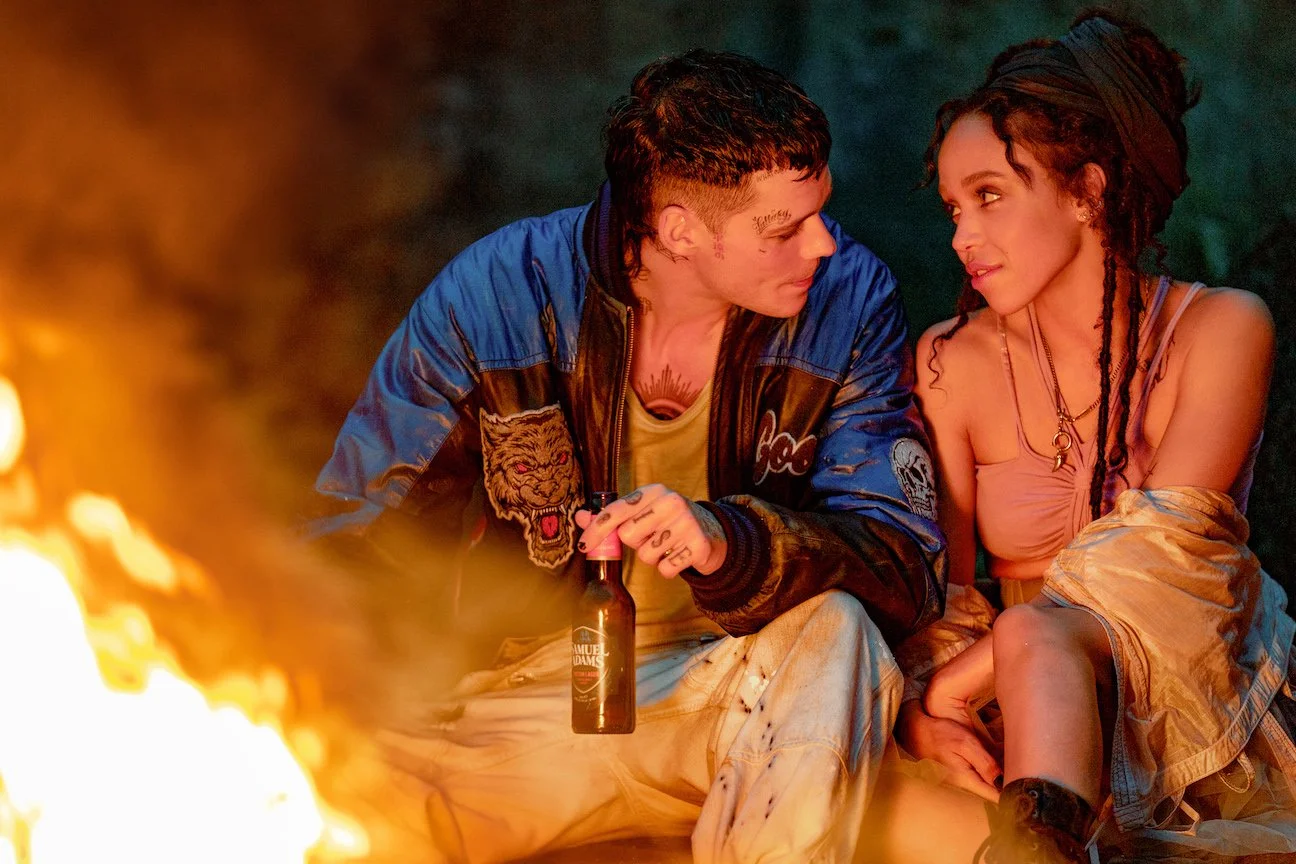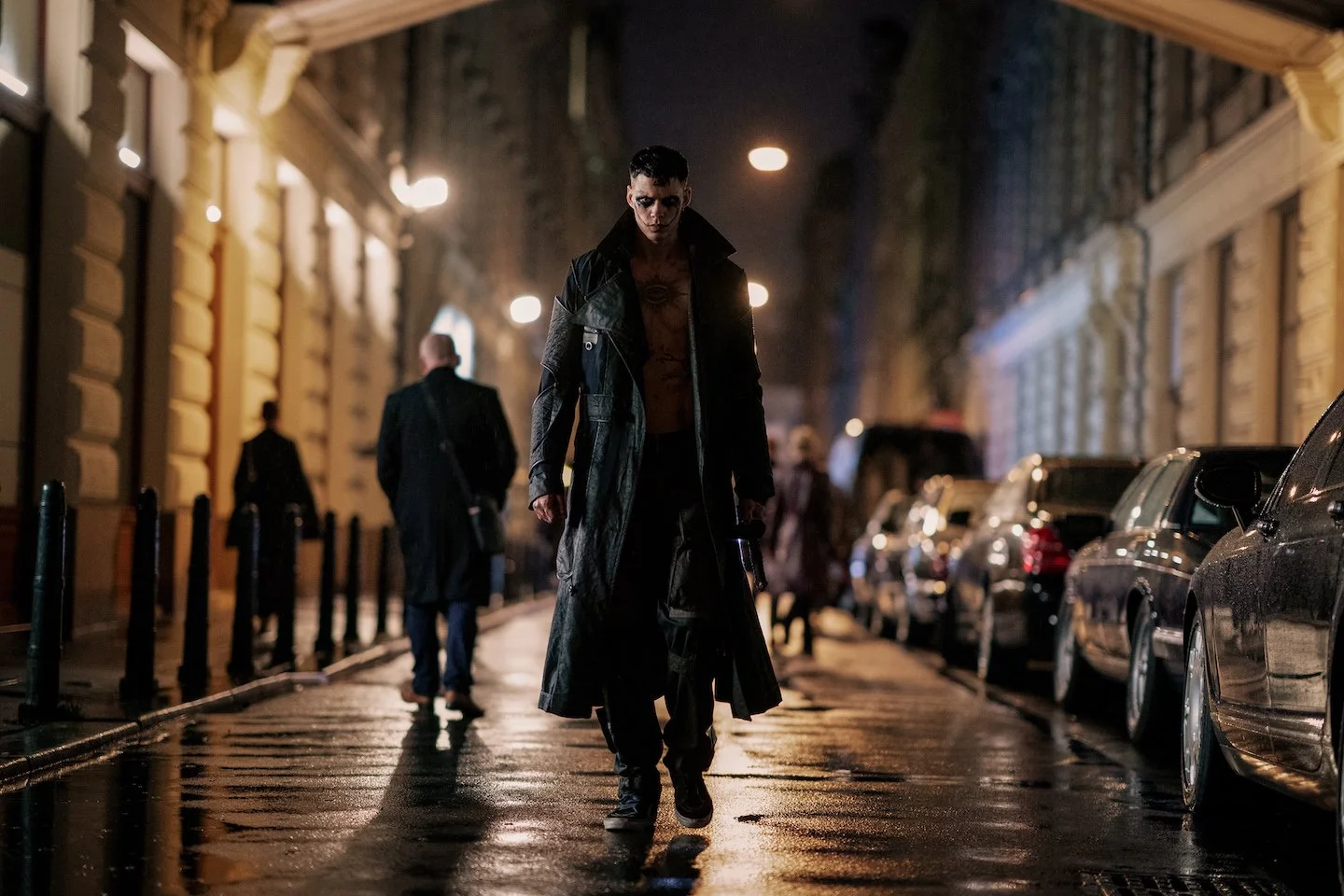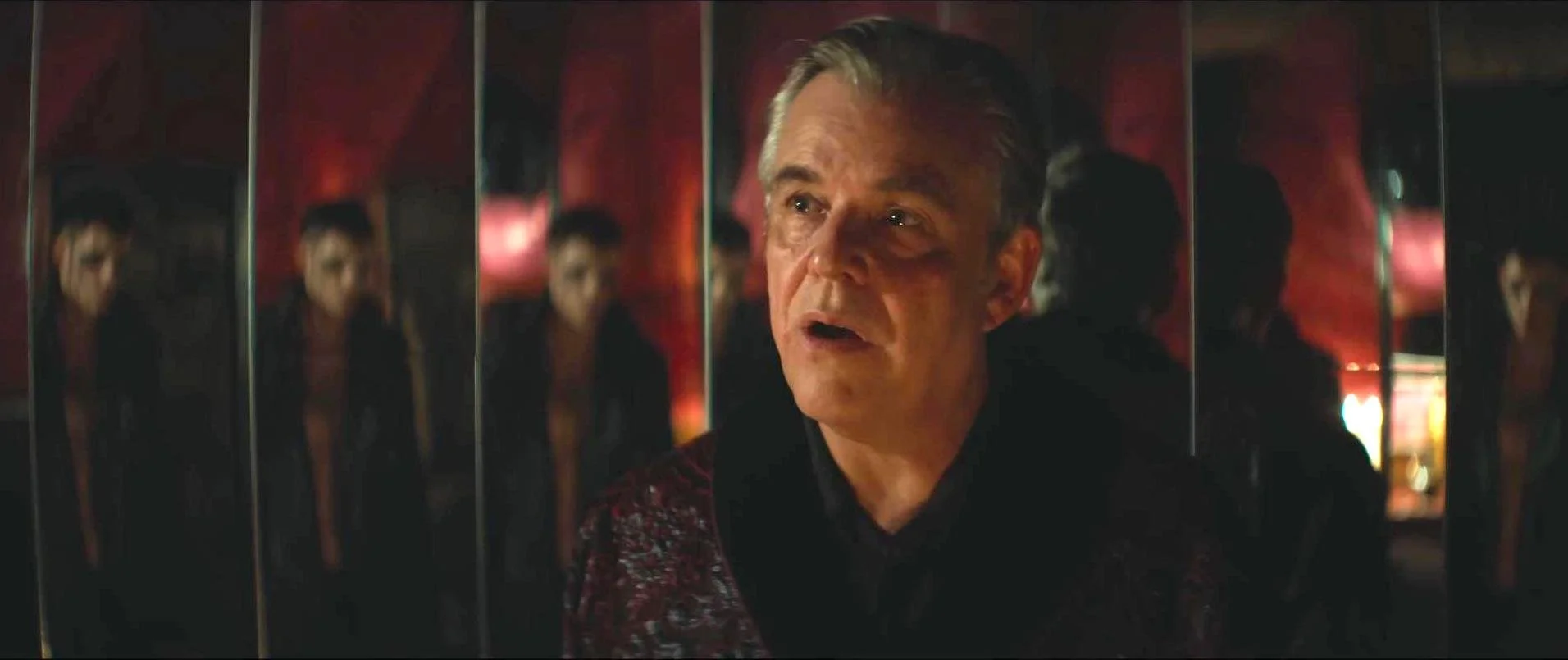Bird Brained
the remake of Brandon Lee’s murky goth-thriller is better than the OG. That’s a low bar.
The Crow
Director: Rupert Sanders • Writers: Zach Baylin, William Schneider, based on the comic by James O'Barr
Starring: Bill Skarsgård, FKA Twigs, Danny Huston, Laura Birn, Sami Bouajila
USA • 1hr 51mins
Opens Hong Kong Aug 29 • III
Grade: C+
Sorry to say it, but Alex Proyas’s The Crow is not some kind of a sacrosanct masterpiece that should never be fucked with. It was about as ’90s as you could get – a burning-yet-constantly-rainy crime-plagued Detroit, crack fears, gangs – and is more memorable now for its rap/industrial-rock soundtrack and goth aesthetic. No one overtly shits all over it as a film because poor Brandon Lee died making a middling, at best, actioner that needed more blow dryers and more flashlights.
So the “Not My” crowd (think Star Wars purists) is sure to be out in force for Rupert Sanders’s updated, heavily romantic reinterpretation of James O’Barr’s angry, grieving comic. Sanders, whose most prominent work was on Snow White and the Huntsman, the remake of Ghost in the Shell with famed Japanese actor Scarlet Johansson and breaking up StewPattz (according to Twihards), may be a bit prosaic in his filmmaking, but he has a handle on tone and moody visuals. So you know what? This The Crow is better than 1994’s The Crow. And you know what else? That doesn’t mean it’s good.
In truth this version of The Crow is an entirely different film. Sanders and writers Zach Baylin (Bob Marley: One Love, King Richard) and first-time feature scribe William Schneider lean hard into the relationship between Eric (Bill Skarsgård, Boy Kills World) and Shelly (musician FKA Twigs) to anchor the story rather than into the source material’s revenge thriller aspects. Proyas was more faithful to the comic; it was a drug lord that murdered the couple, and it was Eric’s own drug-addled mind that was his true guide. This time around, the supernatural aspect is even more pronounced: big bad Vincent Roeg (Danny Huston, reliably and effortlessly menacing) is some rich guy who collects souls for Satan (!) in exchange for … everlasting life? No shit, that’s not a spoiler. We learn that about 15 minutes in.
After a brief prologue involving young Eric, a dying horse and junkie parents, we meet up with him again in an addiction treatment centre. Elsewhere, painfully hip Shelly gets a video sent to her from pals Zadie and Dom, a video explosive with content damning Roeg with evidence of … something. She goes looking for Zadie but gets busted by some beat cops for holding. Off she goes to the same rehab centre as Eric. The rest of the story matches where it counts. Shelly and Eric get hot and heavy – fast – they bust out of rehab, Roeg’s ruthless right hand Marian (Laura Birn, Foundation) goes looking for them, they die, he comes back for revenge.
The Crow ups the violence and gore considerably, and rivals Skarsgård’s Boy Kills World for brutality. No surprise, after a sluggish 30 minutes watching Shelly and Eric make goo-goo eyes and spout corny dialogue, and another 45 or so watching Eric try and figure out why he doesn’t die when shot, the bloody vengeance of the coda is welcome. It’s almost the same story too, and Skarsgård turns in a nearly identical performance. Ironically, Boy was infinitely more understandable than Eric, who’s such a cypher it’s hard to clock what it is about Shelly that had such an impact on him and what made their connection so intense. There’s certainly more to her this time, and Sanders and Co. demonstrate some gorgeously efficient storytelling and character building when it comes to Shelly – some of it pivoting on her mom (Josette Simon, Wonder Woman). But despite some lush (and it must be said, every bit as fuckin’ dark as ’94) panel-esque compositions by DOP Steve Annis (Color Out of Space) and a try-hard soundtrack (Joy Division, Gary Numan) there’s just not a lot going on. There are some interesting ideas lurking below the surface about the slippery slope of bad behaviour, the cost of success and the way trauma comes back to hurt the sufferer as well as everyone around them, but it doesn’t mean much. Go back to the original comic if you’re looking for more. — DEK



